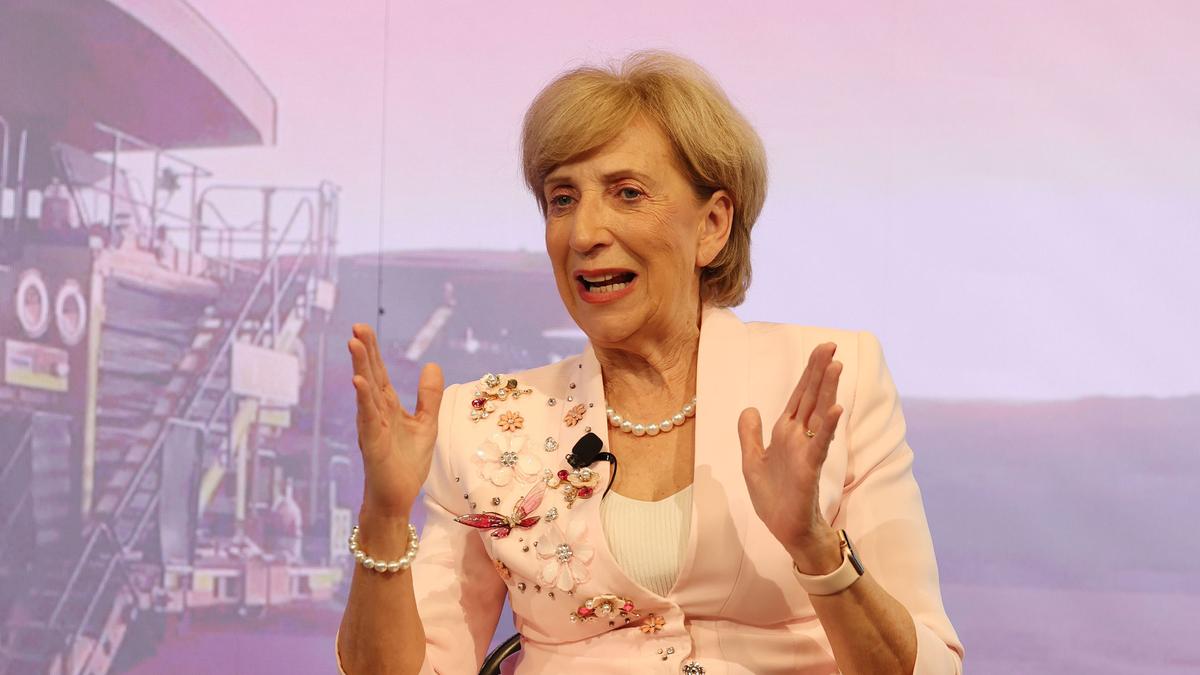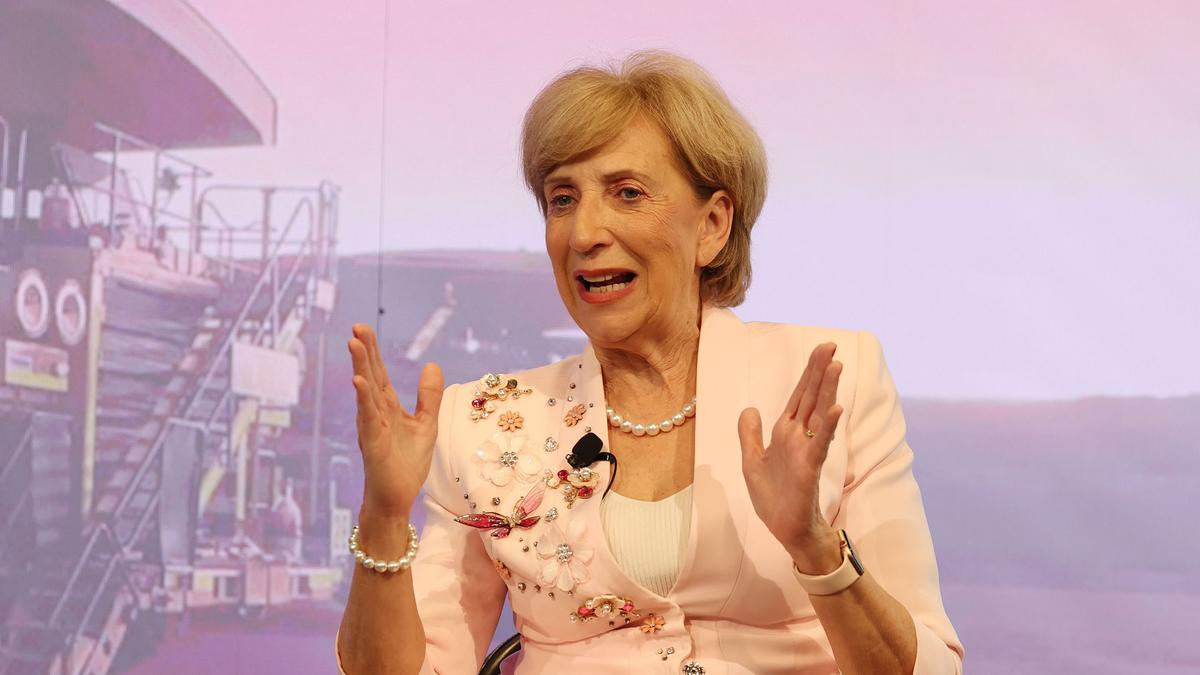
Peru is set to enhance living standards further by prioritizing strong public finances, unlocking human capital, and improving the business environment, particularly for smaller enterprises. According to a recent report by the OECD, these measures are essential for sustaining the country’s economic growth momentum, which has seen substantial gains over the past two decades.
The latest OECD Economic Survey of Peru predicts a GDP growth of 2.8% for 2023, followed by 2.6% in 2026. With inflation remaining within the Central Bank’s target range of 1-3%, the report suggests that monetary policy should maintain a broadly neutral stance. This approach aims to mitigate both global and domestic risks to price stability while focusing on resilient and inclusive growth.
Fiscal Stability and Public Investment
To continue on this growth trajectory, it is crucial for Peru to restore compliance with its fiscal rule, thereby preserving a robust macroeconomic framework. This compliance is vital for maintaining investor confidence. The OECD emphasizes that reforms aimed at enhancing public spending efficiency and optimizing revenue through broadening the tax base and reducing evasion will create opportunities for essential social investments.
During the presentation of the report in Lima, OECD Secretary-General Mathias Cormann highlighted the necessity of fostering long-term growth. He stated, “Peru can strengthen the foundations for long-term growth by enhancing workforce skills, boosting small businesses’ access to finance, encouraging formal job creation, and accelerating climate adaptation.” Cormann was joined by Prime Minister Eduardo Arana Ysa, Minister of Foreign Affairs Elmer Schialer Salcedo, and Minister of Economy and Finance Raúl Pérez-Reyes.
Investing in infrastructure, education, social protection, and climate resilience will require both improved spending efficiency and strong fiscal institutions to ensure public debt sustainability.
Addressing Informality and Human Capital Development
The survey identifies high informality and poor educational outcomes as significant barriers to Peru’s potential for formal job creation and overall economic growth. To tackle these challenges effectively, the report recommends a comprehensive strategy that includes enhancing skills, reducing social security contributions for low-income workers, simplifying employment regulations, and enforcing tax and labor laws more rigorously.
Strengthening the rule of law will be critical for the successful implementation of these reforms. Investing in human capital is equally important. Expanding access to high-quality early childhood education, particularly for lower-income families and those in rural areas, would improve learning outcomes and alleviate care responsibilities for women, enabling greater participation in the workforce.
Moreover, strengthening vocational education and training programs would create more formal job opportunities for young people.
Limited access to finance poses another challenge for Peru, hindering investments and the transition to a more resilient economy. Credit penetration is low, and micro, small, and medium-sized enterprises (MSMEs), which account for a significant portion of the business sector, face difficulties in securing affordable credit. The report advocates for reforms aimed at reducing financing costs, developing alternative funding sources tailored to MSMEs, and deepening capital markets.
Peru’s vulnerability to climate change necessitates urgent and ambitious action. The country has committed to achieving net-zero emissions by 2050. To realize this objective, efforts must focus on halting deforestation, expanding renewable energy, and enhancing low-emission transport options while strengthening adaptation policies to foster environmental resilience and support sustainable growth.
The OECD’s recommendations underscore the importance of a multi-faceted approach to ensure that Peru not only continues its economic growth but also does so in a manner that is inclusive and sustainable, benefiting all segments of society.






